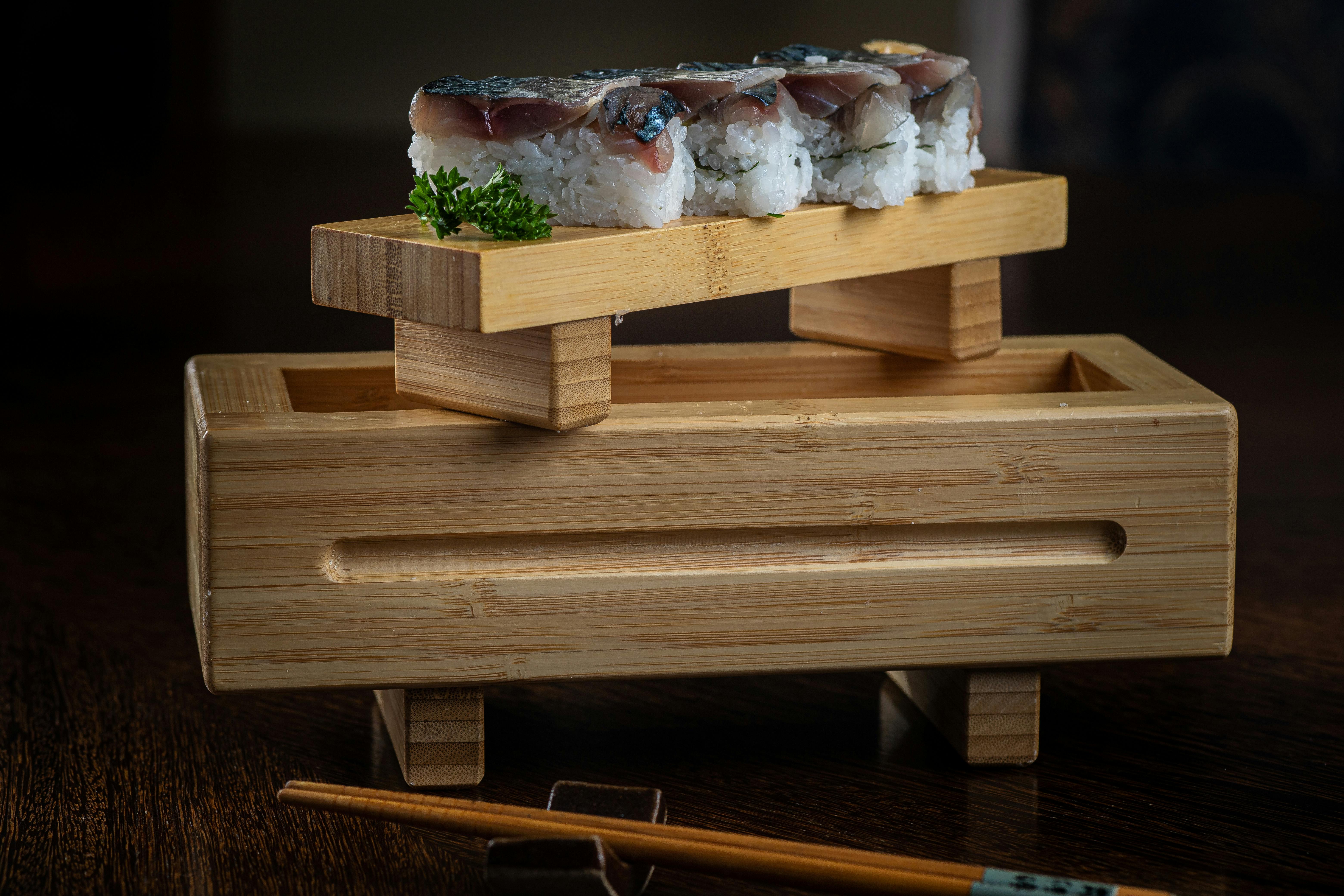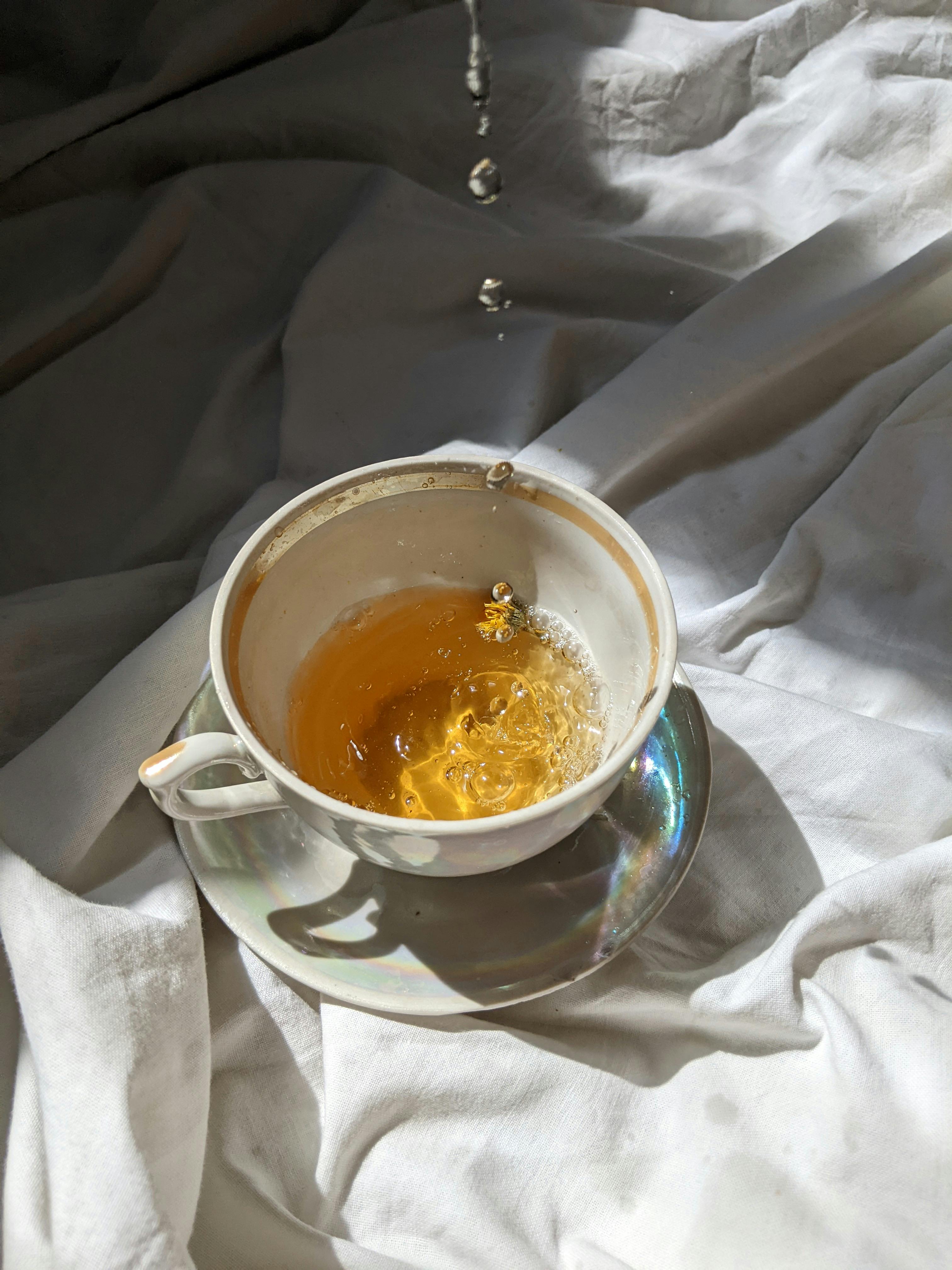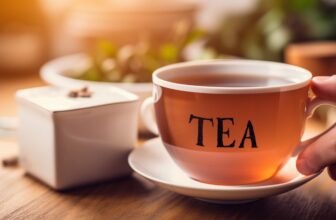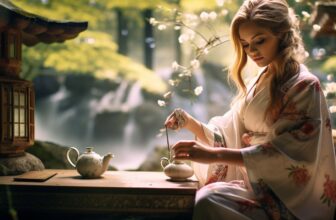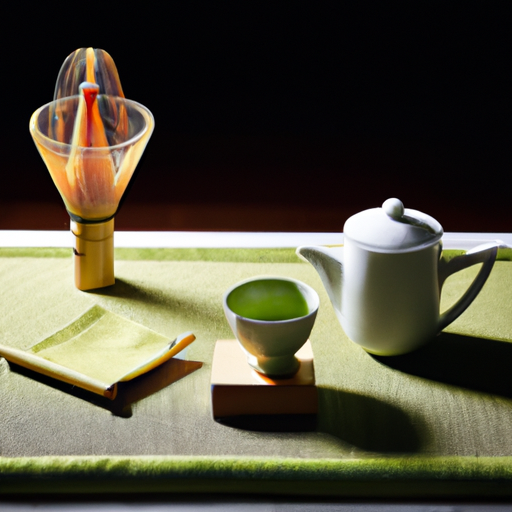
Hello there and thank you for joining me on this exciting linguistic journey into the heart of Japan! We all understand the joy that a cup of tea can bring, but do you know how to express this cherished comfort in Japanese? In this enlightening article, “Mastering the Art: How to Say Tea in Japanese,” we’ll explore the different terms used in Japan to describe this universally beloved beverage. With this practical knowledge, you’ll not only be adding to your language skills, but also branching out your cultural awareness and appreciation. Now, isn’t that something to hold on to your teacups for? Join me and let’s brew our understanding of tea in Japanese together!
Understanding the Different Types of Tea in Japan
Japan is well-known globally for its fascinating culture, beautiful scenery, and amazing food. But one of the most defining aspects of this extraordinary nation is their deep-seated love for tea. While tea might just be an average drink for some people, it is a significant part of the Japanese culture and lifestyle.
Overview of Japanese Tea Culture
The Japanese have been drinking tea for hundreds of years. Tea was primarily used by the elite during its introduction to Japan, but it quickly spread among all classes giving birth to what we now know as Japanese tea culture. This culture does not only focus on tea itself but also the process of making and serving it, which is considered a ritual and an art form—a unique characteristic of Japan.
Varieties of Japanese Tea
Quite like other aspects of the Japanese culture, their teas also offer a wide range of varieties. Each type of tea has its own unique taste, benefits, and cultural significance. Let’s learn how to say these different Japanese teas using their local terms.
How to Say Tea in Japanese – The Basics
Apart from enjoying tea, understanding its basic terminology in Japanese can quite enhance one’s tea drinking experience.
Using Basic Vocabulary
The basic term for tea in Japanese is ‘ocha’ or ‘cha.’ These words aren’t much different from the term used in other parts in Asia which shows the influence of the Chinese tea culture over its Asian neighbours.
Correct Pronunciation of ‘Tea’
The two terms ‘ocha’ and ‘cha,’ have different pronunciations. ‘Ocha’ is pronounced as “o-cha,” with the ‘o’ being short and sharp, and ‘cha’ is pronounced as “cha,” with a short and sharp ‘a.’
Traditional Green Tea – ‘Ocha’ or ‘Cha’
The word ‘Ocha’ or ‘Cha’ is often used to refer to traditional green tea, the most common type found in Japan.
Meaning of ‘Ocha’ or ‘Cha’
‘Ocha’ directly translates to ‘tea’. ‘Cha’ also represents ‘tea’ but it is often used in compound terms to signify other variations like ‘sencha’ or ‘koicha’.
Usage in Daily Conversation
In formal occasions or when offering tea to guests, the term ‘Ocha’ is often used. ‘Cha’ on the other hand typically pops up in casual or informal conversations.
Matcha – The Heart of Japanese Tea Ceremony
Another very popular variety of Japanese tea is ‘Matcha.’ You might have seen or heard of this unique green tea that is used in traditional Japanese tea ceremonies.
Understanding ‘Matcha’
Matcha is a special type of powdered green tea grown in the shade. It is traditionally used in Japanese tea ceremonies, also known as ‘Chanoyu’ or ‘Sado.’
Etiquette Around Drinking Matcha
When participating in a tea ceremony, one must observe specific etiquette. Before drinking, it’s customary to give a verbal show of respect to your host by saying “I humbly receive.” After drinking Matcha, it’s also traditional to thank your host.
Sencha – Most Common Type of Japanese Tea
‘Sencha’ is yet another well-known term in the world of Japanese tea. It is no doubt the most common type of tea consumed in Japan.
Exploring ‘Sencha’
Sencha is the unfermented version of green tea that is usually drunk after meals. Its bright green colour and delicate taste encapsulate quintessentially Japanese aesthetics.
Drinking Sencha in Japan
Drinking Sencha isn’t as ceremonious as Matcha. It is an everyday tea, often served in households and restaurants, either in loose-leaf form or using tea bags.
Hojicha – Roasted Green Tea
Moving on, let’s explore ‘Hojicha,’ the roasted green tea which is very popular in Japan for its distinctive flavour.
What is ‘Hojicha’
Hojicha is Green tea that has been roasted over charcoal at a high temperature. The result is a darker, brownish tea with a satisfyingly toasty flavour.
When Hojicha is Usually Enjoyed
Hojicha, due to its low caffeine content, is typically drunk at the end of meals or during the evening. It is also often given to children or the elderly.
Genmaicha – Green Tea with Roasted Rice
‘Genmaicha’ is the intriguing blend of two staples of the Japanese diet – Green tea and roasted rice.
Defining ‘Genmaicha’
Genmaicha combines green tea leaves and roasted brown rice. The rice adds a uniquely delicious, nutty flavour to the tea, creating a warm, comforting brew that’s loved by many in Japan.
Typical Consumption of Genmaicha
Genmaicha is often enjoyed in the afternoon, paired with meals or simply on its own. It is especially comforting during colder months.
Mugicha – Barley Tea in Summer
‘Mugicha’, or Barley tea, is a type of tea that Japanese people enjoy specifically during the summer season.
About ‘Mugicha’
Mugicha is a non-caffeinated, soothing brew made from soaked barley. It is often served cold and is perfect for those scorching summer days.
Cultural Significance of Mugicha
As a tradition, after the Summer Solstice, many households in Japan switch their daily tea to Mugicha, as it is believed to cool the body down in the hot and humid weather.
Kombucha – Tea with Kelp
In Japan, ‘Kombucha’ has a slightly different meaning than what the term signifies in the West.
Meaning of ‘Kombucha’ in Japan
In Japan, Kombucha does not refer to fermented tea as it does in Western cultures. Instead, Kombucha is a tea made by infusing dried and powdered Kombu or seaweed in hot water.
Health Benefits of Kombucha
This version of Kombucha is high in iodine, a mineral necessary for thyroid function. It is also packed with other beneficial nutrients, making it a healthy addition to your diet.
Common Japanese Phrases Related to Tea
Drinking tea is a popular social activity in Japan and having a basic understanding of tea-related phrases can greatly enrich your experience.
Inviting Someone for Tea
When inviting someone for tea, you can say “Ocha o nomimasen ka?” which means “Would you like some tea?”
Accepting Tea Offers
To accept a tea offer, you can respond with “Hai, onegaishimasu” which translates to “Yes, please.”
Declining Tea Offers
Politely declining a tea offer can be done by saying “Iie, kekkou desu,” which means “No, thank you.”
Ordering Tea in Restaurants
When ordering tea in a restaurant, simply state the name of the tea and then “o kudasai”. For example, “Sencha o kudasai” is how you’d say “Sencha, please.”
With this brief overview of Japanese tea culture and the related vocabulary, you’ll be well-equipped to enjoy your tea journey in the Land of the Rising Sun. From Matcha to Kombucha, each tea type holds a unique place in Japanese culture, offering a taste of the rich history and heritage to those who partake.
